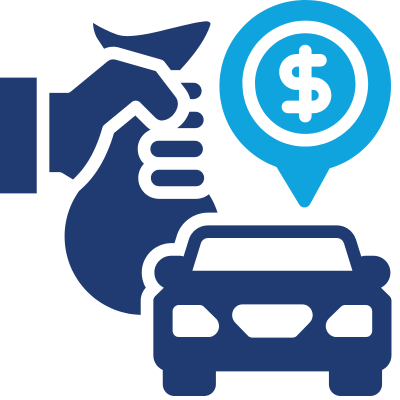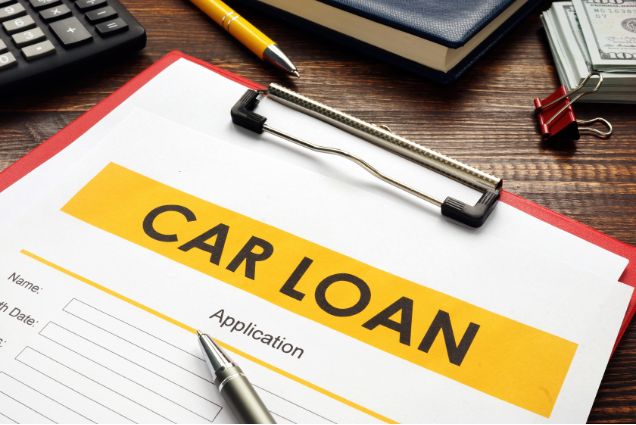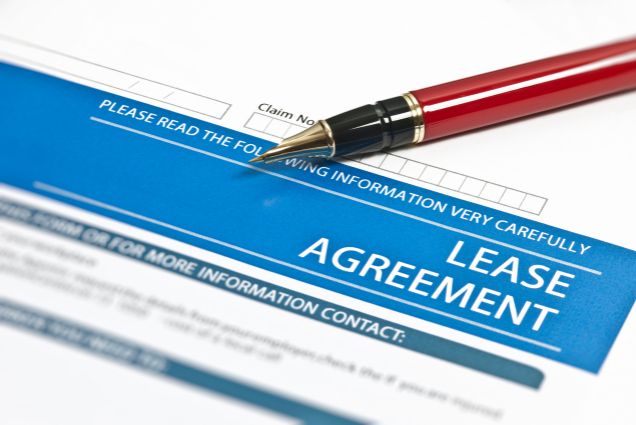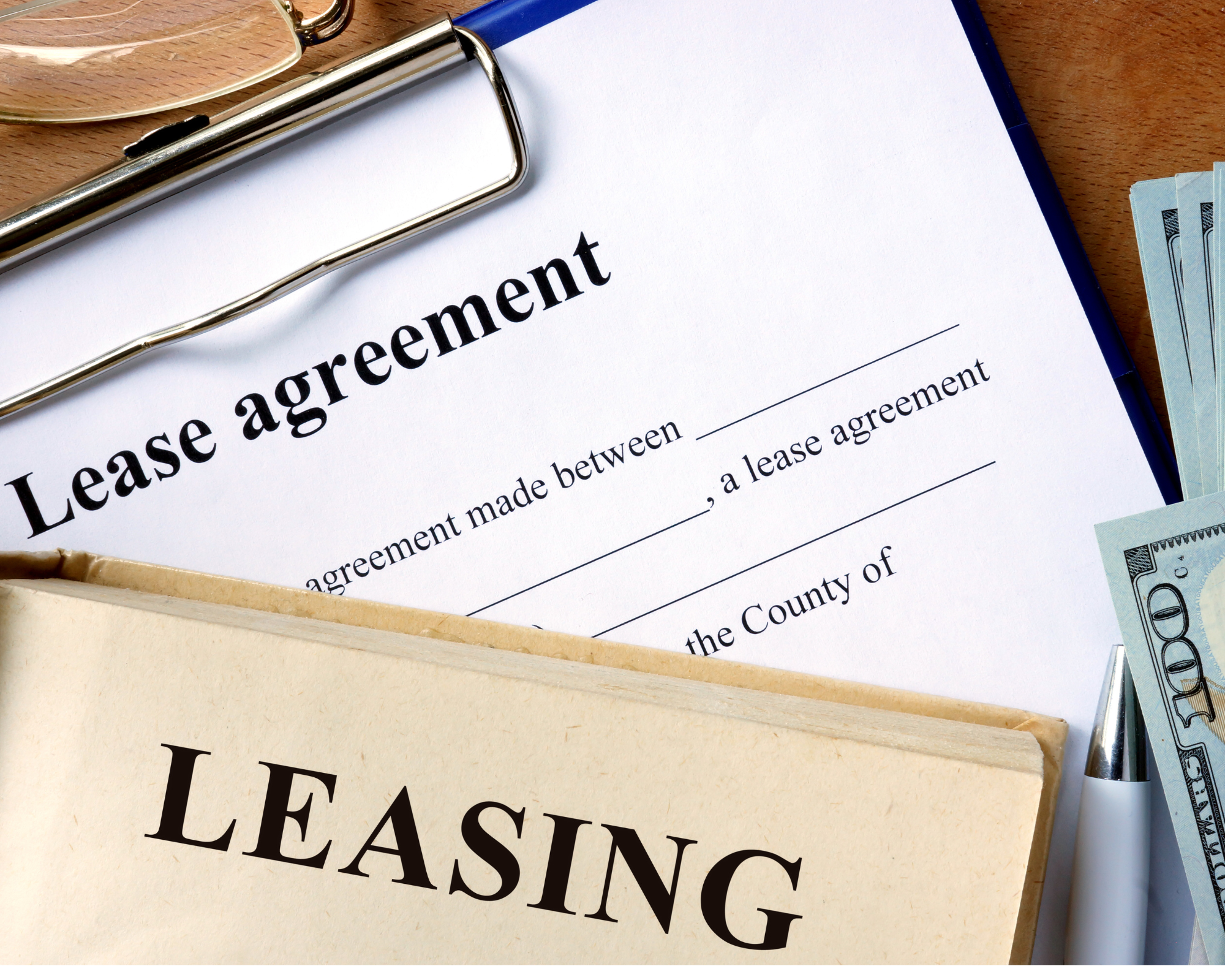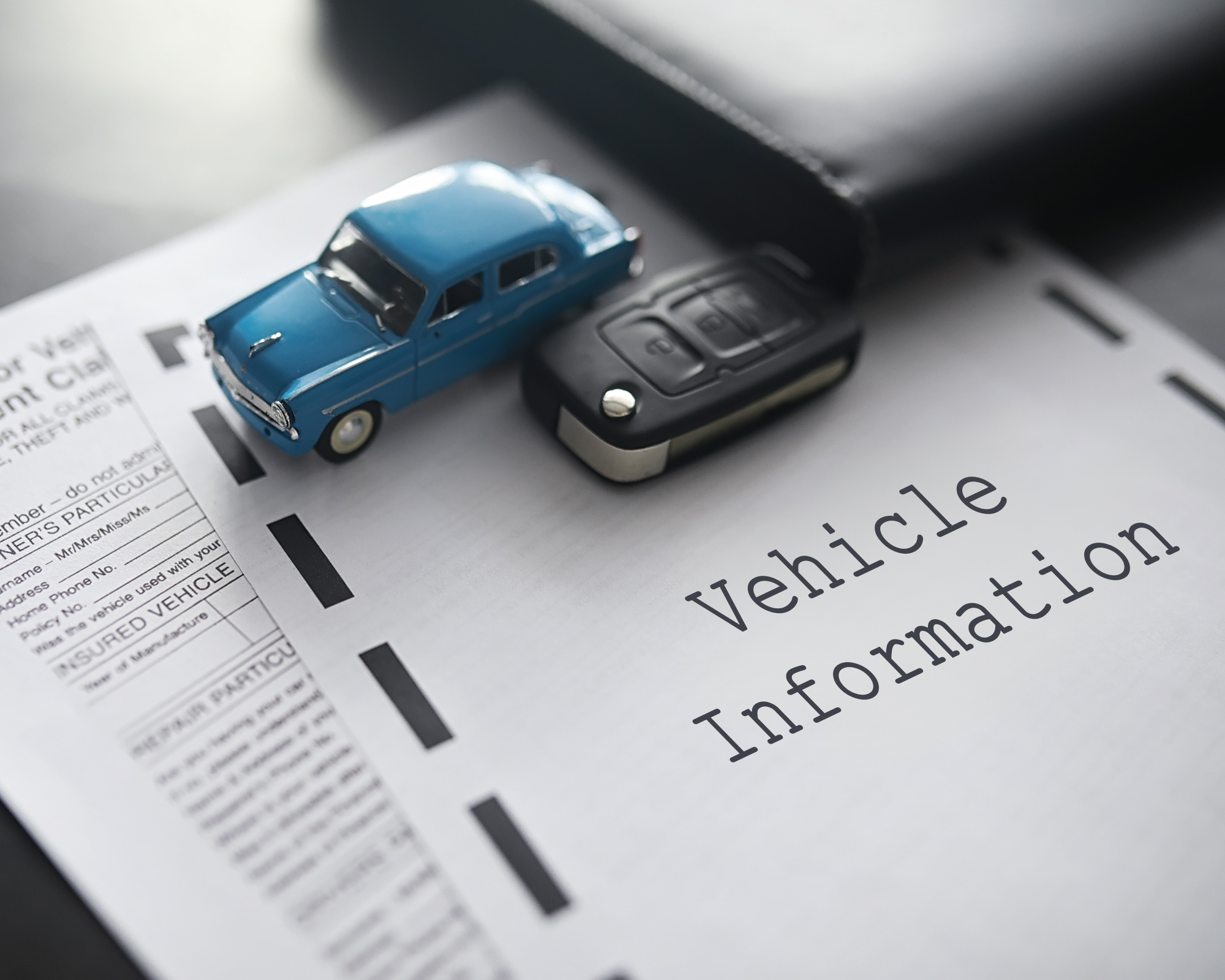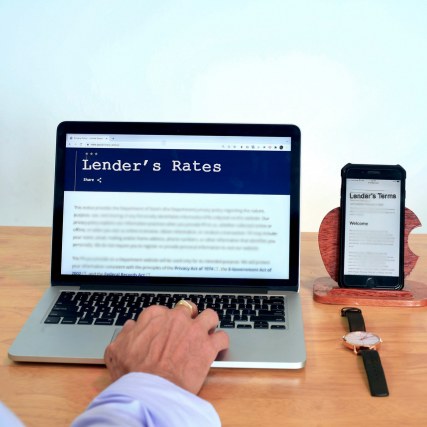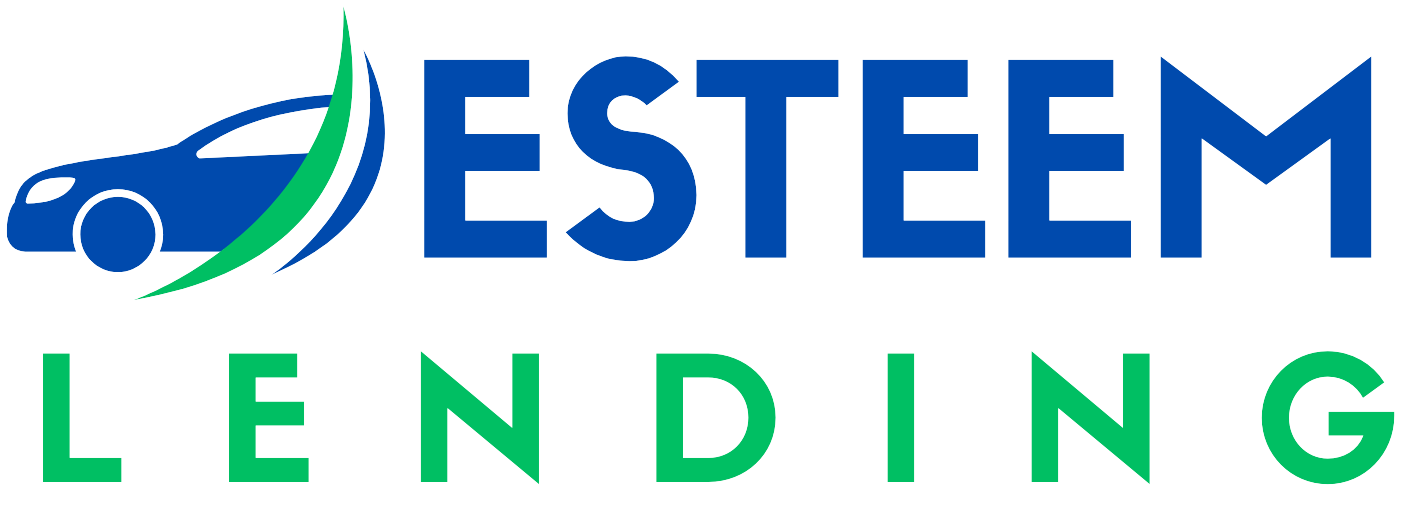Cash Price: The full purchase price of a vehicle paid without financing.
Certificate of Title: A legal document proving vehicle ownership and detailing any liens.
Clear Title: A vehicle title without liens or legal disputes.
Co-Buyer: A person who jointly purchases a vehicle, sharing loan repayment responsibilities and ownership rights.
Co-Owner: A second individual who holds ownership rights to the vehicle.
Co-Signer: A person who agrees to take responsibility for a loan if the primary borrower fails to make payments.
Collateral: An asset pledged as security for a loan, subject to repossession if the borrower defaults.
Collection: Actions taken by a lender to recover overdue payments.
Collision Insurance: Coverage that pays for vehicle damage resulting from an accident.
Comprehensive Insurance: Coverage that protects against non-collision-related damages, such as theft, fire, or natural disasters.
Consumer Credit: Credit extended for personal or household purposes.
Credit: An arrangement allowing a borrower to receive goods or services now and pay later.
Credit Bureau: An organization that collects and maintains credit information (e.g., Equifax, Experian, TransUnion).
Credit Report: A document outlining an individual’s credit history and current debts.
Credit Score: A numerical rating that reflects a borrower’s creditworthiness.





